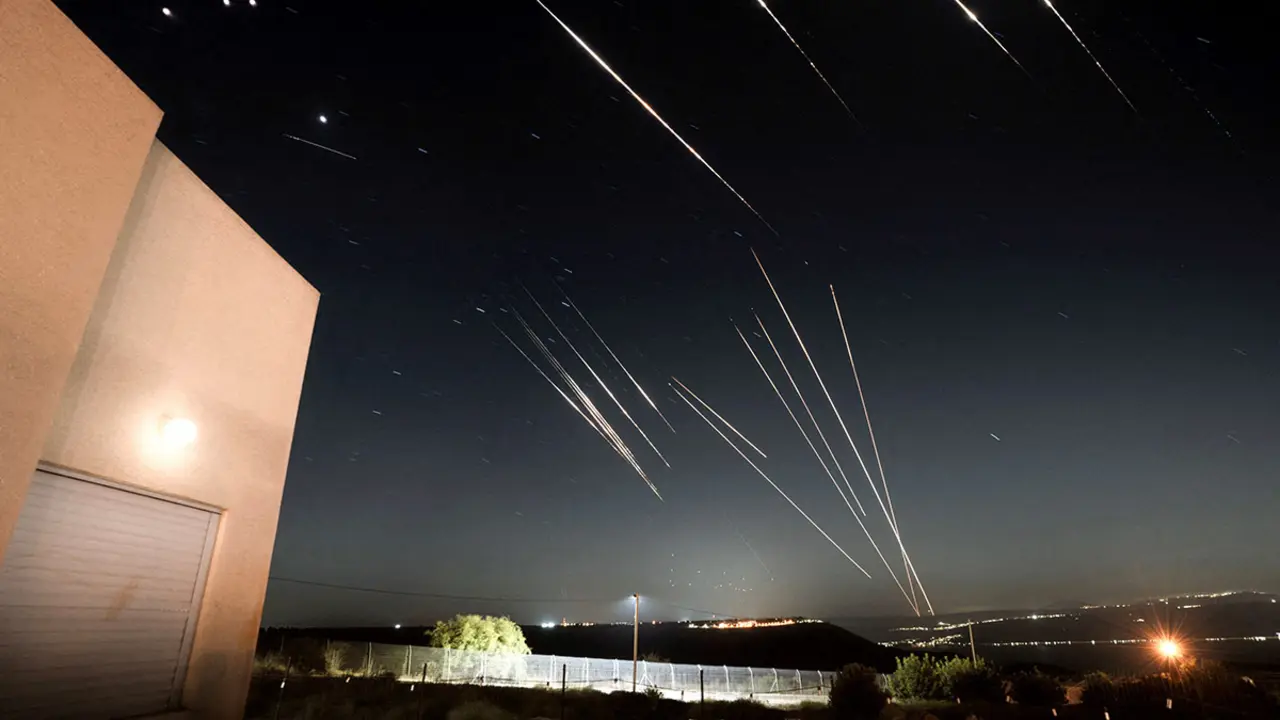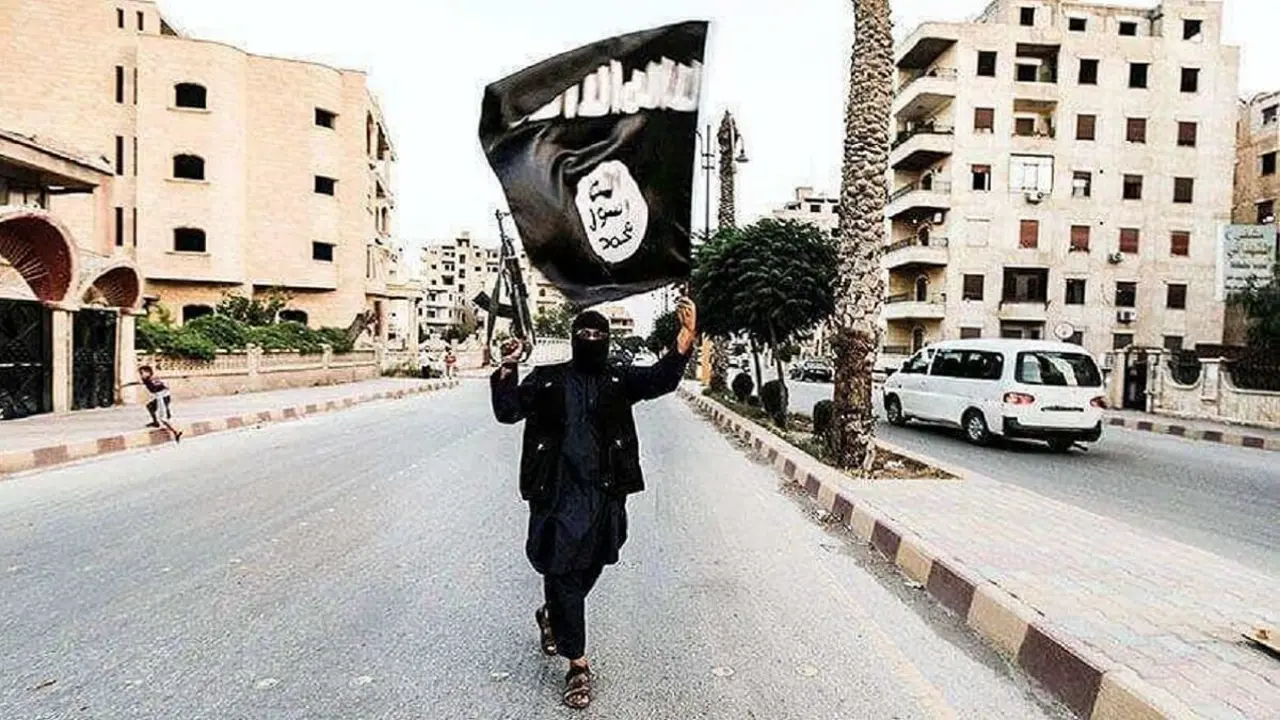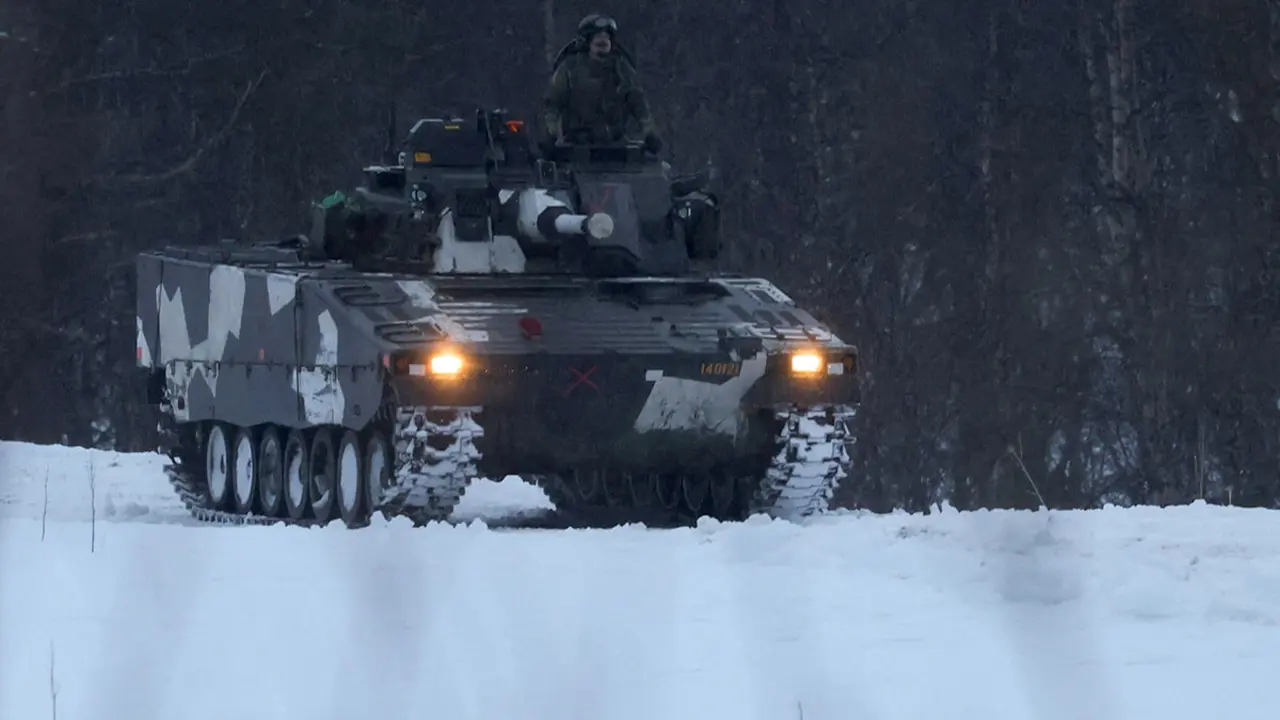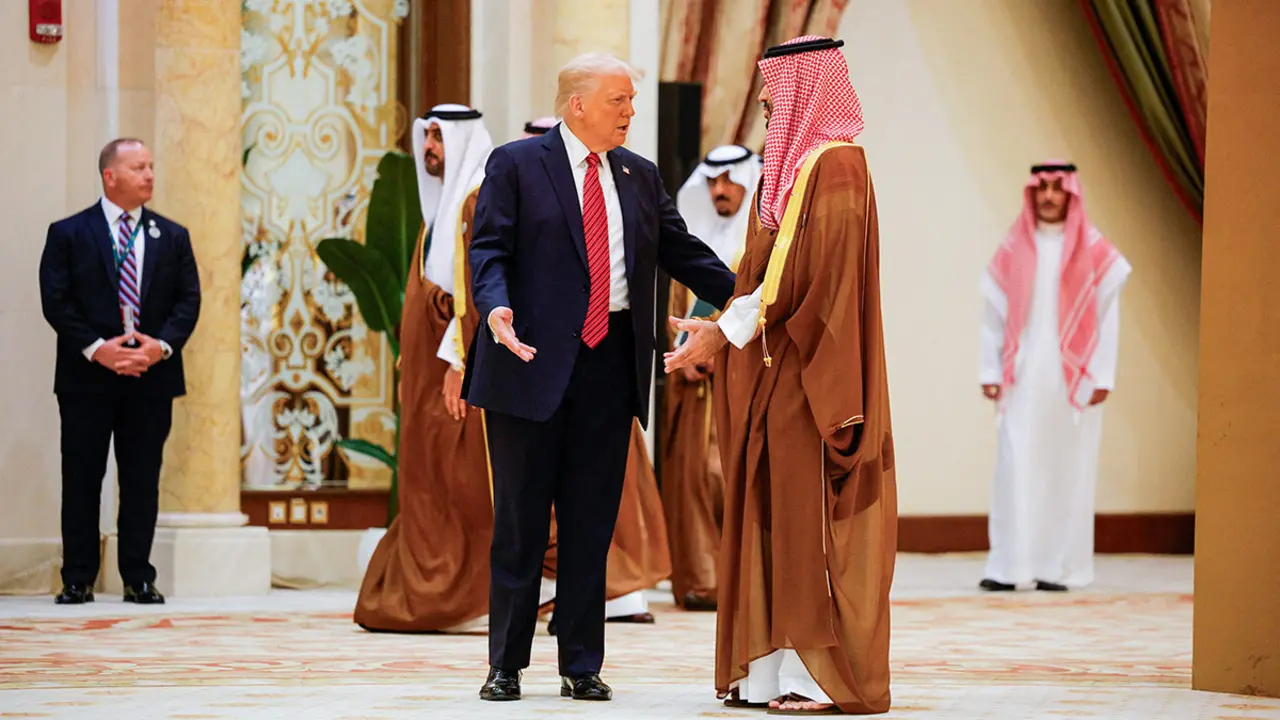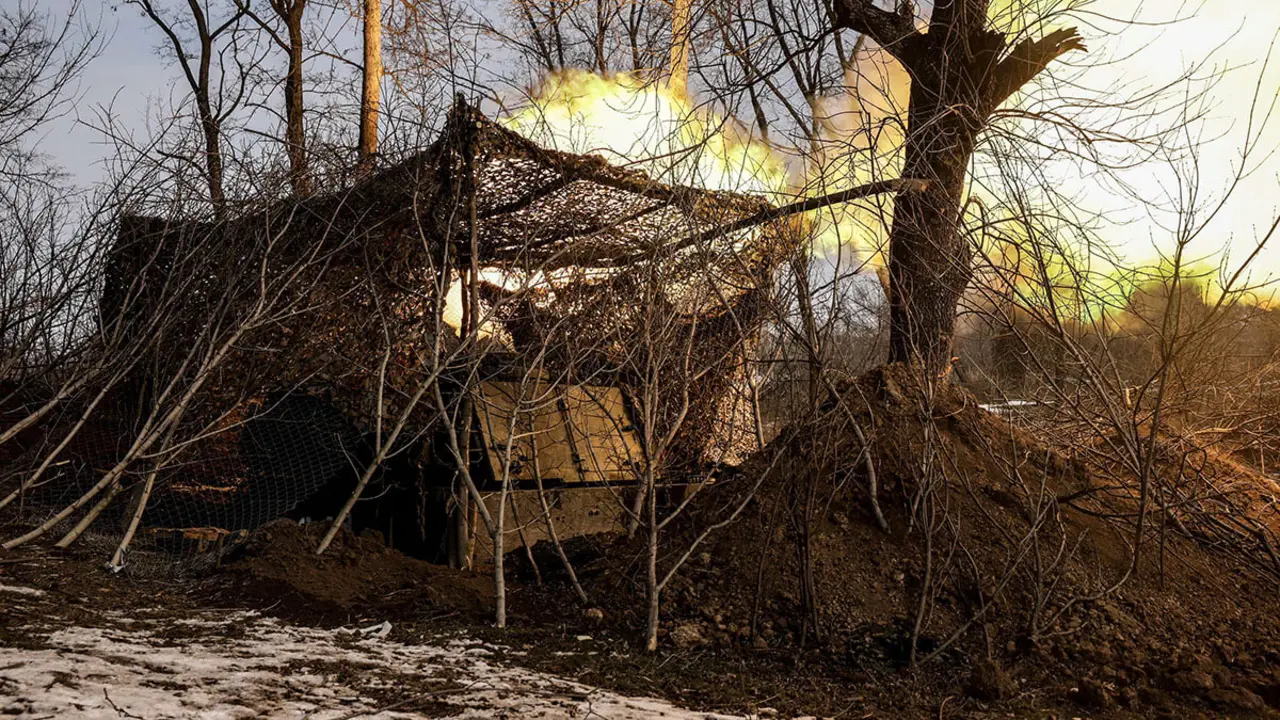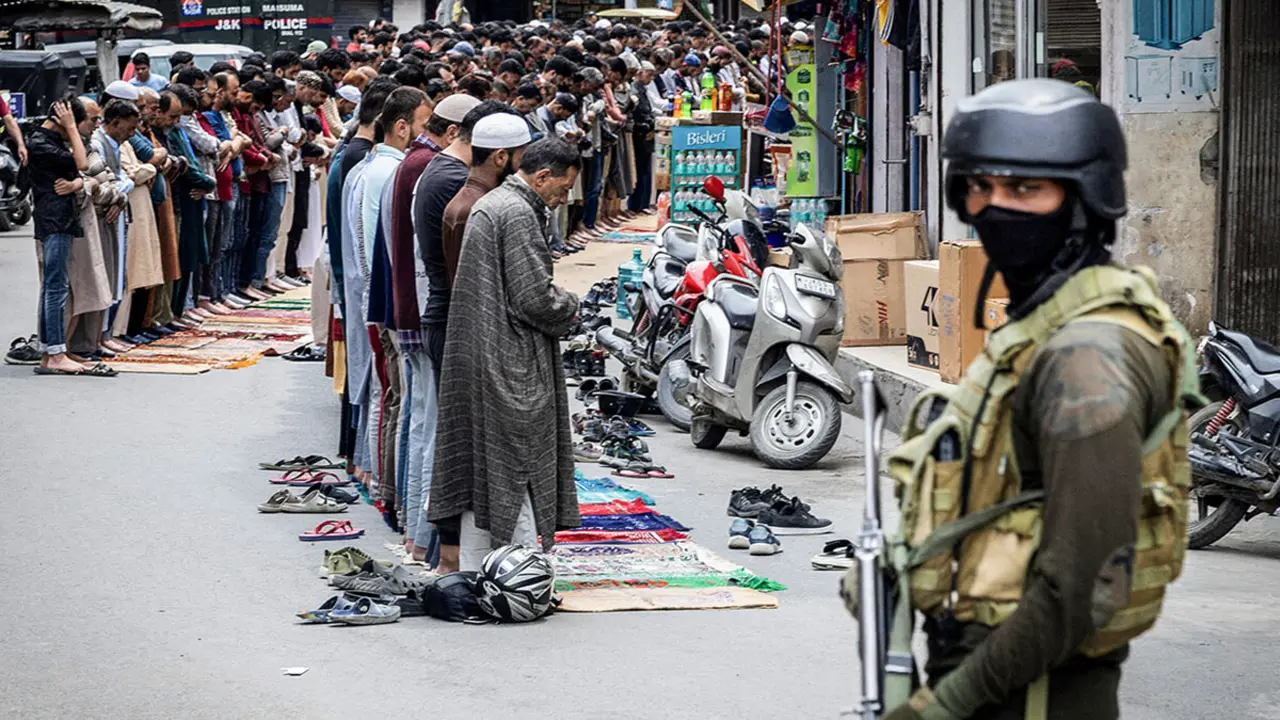Mercenaries: the bloodthirsty side of the war

Psychological victory is always one of the objectives of those who lead wars, and sending mercenary groups to the battlefield is one of the methods currently being used.
Making families see that the crudest tasks of the war are carried out by these paramilitary groups is a triumph that, despite not having a significant weight in the conflict, provides stability and peace of mind for the people. The coffins brought from Vietnam to the United States bear witness to this.

At the same time, states claim that doing so allows them to operate outside of international law so they can avoid prosecution because there is no legislation, or outsourcing is in itself because war crimes are always carried out by such corporations. Although the use of mercenary groups is often attributed to "failed" states, the reality is different. An example of this is the United States, which, with the largest army in the world and the highest military spending, relies on the support of mercenary groups for its internal security and for specific missions around the world.
In particular, mercenaries have been used for several decades under the terms of the Private Military Company (PMC) contract, although their birth dates back to pre-Roman times. To the discussion of how the state is becoming a less desirable target for conflict, there has been a propensity to contrast the use of modern mercenaries. It is in this sense that understanding the scope of social conflict in all its forms, including class conflict, is central to the internal clashes that nations experience when they go to war.
Having said that, the use of companies in the private military and security sector can have its drawbacks. Because of the potential risks associated with this proliferation, the international community, as well as the various nations in which these companies are registered or from which contractors are employed, have created a number of legislative documents governing their use. In addition to the contracting entity and even the state where the PMC has its operational headquarters, the contractor is now jointly and severally liable for these violations.

Origin of mercenary groups
Historically, any "professional soldier employed to fight in a foreign army" has been called a "mercenary". Until the early 19th century, when national armies composed mainly of people drawn from the population of each state took control of the battlefield, their dominance was decisive. The debate over the legitimacy of the word "mercenary", which has a troubling connotation, continues as it is embellished with new trade names in exchange for allegedly military or security services.

History is always difficult to depict and interpret, but if there is one civilisation that has always been the fulcrum, it was the Egyptians. In a study revealed by Jordi Vidal, in his essay "Mercenaries in the Paleobabylonian Armies", the first mercenary groups were identified more than 3,200 years ago, in the battle of Qadesh, under Ramses II, who will remain in the history books as the first leader to use a mercenary group.
If there is one mercenary that history has made famous, it is Xenophon. Born in Athens in the second part of the 5th century BC, he was a military member, historian and philosopher, in whose work he left us the first great work on what war is like and what it means to those who are not afraid of it. His chronicle of the retreat of the Ten Thousand was of such calibre at the time that Charlemagne himself gave an account of it.

To collect you must receive
Both ancients and moderns have sold their services to whoever needed them at the time. It is true that their occupation was mainly motivated by economic factors, no doubt a strong incentive, but no one risks his life in distant wars just for cash and booty. Nonetheless Xenophon explained that the trade "was vocational from leader to subordinate, that the motive that drove them was their warmongering".
Although they first emerged after World War II, military and security companies have a long history and are connected to mercenary gangs who are paid to carry out military operations such as assassinations, banditry, protection of convoys and important figures, and, last but not least, participation in wars.

Shortly after the US-led invasion of Iraq in 2003, security companies gained notoriety for their work protecting military and civilian targets and buildings in exchange for billions of dollars worth of contracts from the US government. Disregarding possible subcontractors, by the end of 2006 there were more than 100,000 military contractors of various nationalities working for the US Department of Defence in Iraq. The Eagles massacre in Baghdad in 2007, which was called a "gang killing" and resulted in the deaths of 17 civilians, and other atrocities that Blackwater (Mercenary Group) carried out against unarmed civilians did not damage the company's reputation.
Vladimir Putin, President of Russia, often hides his hand and throws the stone with the help of mercenaries. They were the group that occupied the Crimean peninsula, which Moscow would later annex, and dressed as "men in green" without insignia. As a result, it has used them to destabilise eastern Ukraine. After the Russian company Wagner defeated a regular army to seize the Ukrainian city of Bakhmut, security companies once again took centre stage in world events. If we are heading in the right direction, this raises the question of what role these companies play in society, the privatisation of war, the reduction of the role of the military in international conflicts and the ramifications for human rights and legal accountability.

International Protection
Because they do not comply with the strictures of international law and can be undermined if they are involved in unintentional war crimes or crimes against humanity, military and security companies are one of the main reasons why some nations and regular armies and armed forces turn to them. Off-duty professional officers often run military and security companies. These officers are very effective at completing their tasks, free from the bureaucratic restrictions that characterise regular armies, and can conduct business abroad.

Security companies collaborate with governments and regular armies, as well as with armed groups and militias in the service of their countries' interests, which differentiates their work from that of traditional mercenaries. Because these actions go against the definitions of mercenarism contained in documents such as Protocol I of the Geneva Conference and the International Convention against the Recruitment, Use, Financing and Training of Mercenaries, a standard-setting process was established at the end of the 20th century and remains in place today.
In order to censure any private organisation that violates the Declaration of Human Rights through its actions, special consideration was given during the development of these guidelines. However, one criticism levelled at security companies is that their employees work for the owner of the company rather than the government, are not subject to military law and are not classified. As a result, it can be challenging to maintain control over them and, in the absence of a clear legal prohibition, they appear to be more ferocious and violent in achieving their goals.
Members of these companies occasionally enjoy immunity in the nations they employ, giving them more license to violate human rights and use violence indiscriminately against civilians, as was the case in the town of Mora in Mali, where Wagner mercenaries, according to eyewitness accounts, killed between 200 and 600 men and boys. Without blaming the Russian military, such crimes could be prosecuted.
Even when the US Army bombed Wagner agents in Syria after attacking one of their positions there, killing dozens of them, Russia repulsed them; otherwise, it would have been forced to respond, which could have resulted in a direct military conflict with the US that could turn into a nuclear war.

The rise of wars
Conflicts have resulted in a rise of asymmetric warfare, where the need for unconventional tactical approaches has encouraged the use of mercenaries and specialist expertise. Due to a crisis in its national-patriotic ethos, the modern military has been reduced to a technical faction. Its allegiance shifts to different nation states, non-governmental organisations, private companies, property with religious or sectarian connotations and tribal ideologies. Due to the erosion of this state's sovereignty by the phenomenon of globalisation, a network of support from other actors is necessary.
The increasing number of conflicts running simultaneously around the globe is a reality. At the same time, the assumption that nobody wants to be defeated is also a reality. This context is a sine qua non condition for the emergence of mercenary groups or PMCs. The mercenary is the result of the weakness of the state, of the need for defence that the state is unable to provide. According to Max Weber and Machiavelli, the state must take care of the defence of the common good, but when. The state employs mercenaries because it cannot complete the task for a variety of reasons in order to perform that function. The state can be the source of its own weakness.

With the help of former officers and military and technical experts, security companies are on the verge of becoming small armies that, compared to traditional armies, are more adaptable, quicker and more successful in winning battles. However, if the interests of a particular individual or lobby group conflict with those of the state, this could lead to security companies invading the state under pretext.
Private companies have not yet advanced to the point of having an integrated air and naval force, but these issues are changing as Wagner in Libya has drones and Pantsir air defence systems, and a helicopter gunship with Wagner elements on board was shot down in the middle of the Libyan desert in 2020. Because of this, despite their recent growth to over 300,000 companies worldwide of various sizes and functions, security companies are still viewed with much suspicion.

